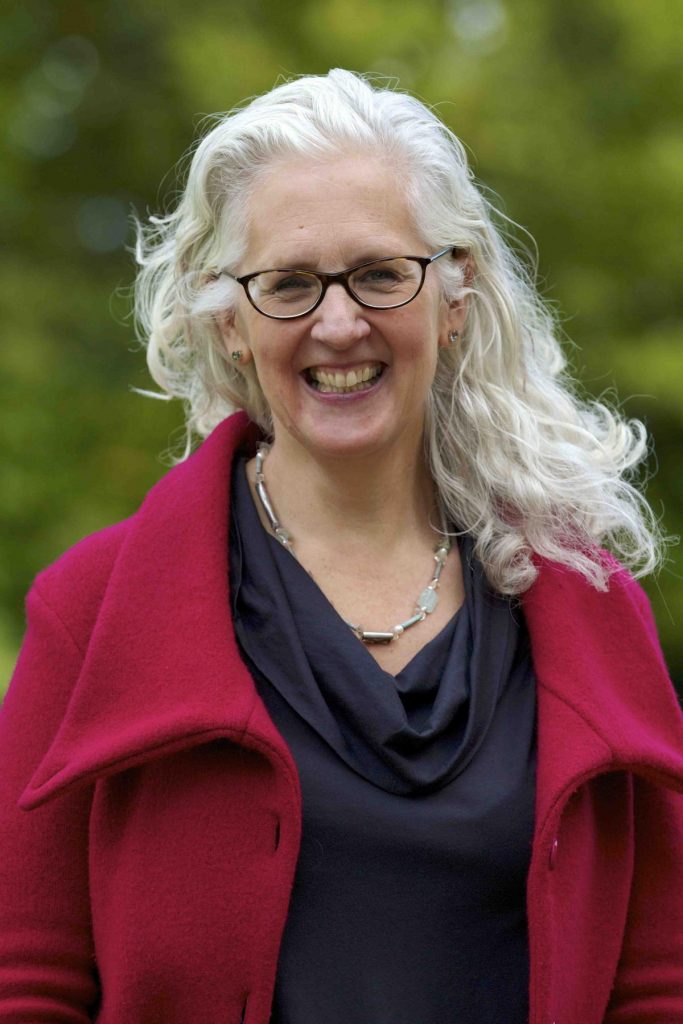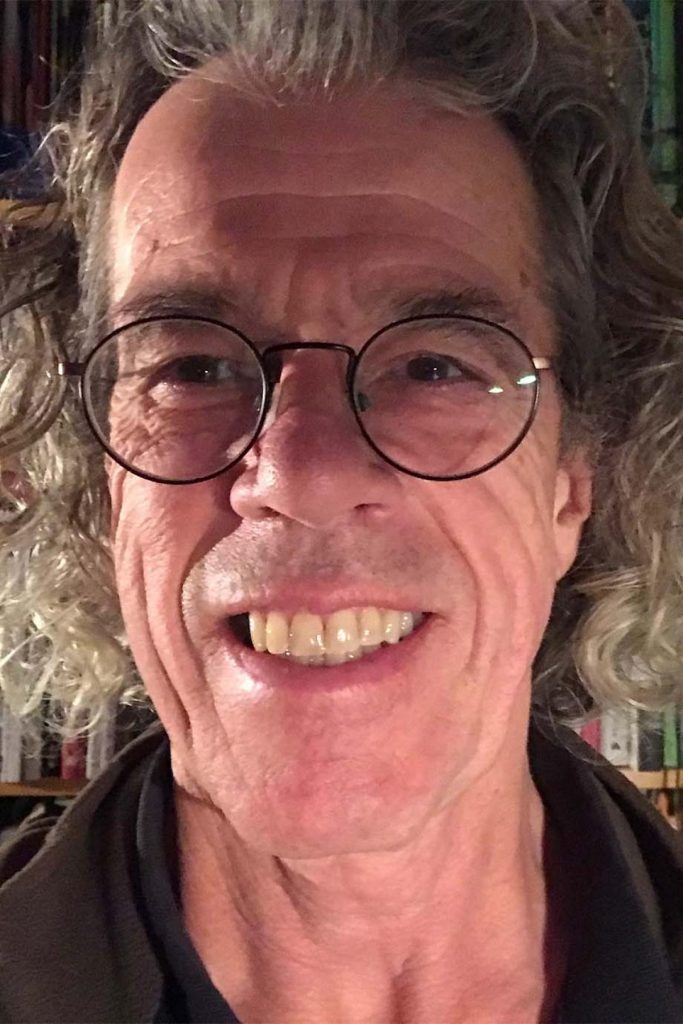
GALA Management Team
Inaugural recipients of Adelaide-Bath Spa Collaborative Fellowships
Posted on January 3, 2023
The University of Adelaide has recently established a short-term collaborative fellowship with Bath Spa University, as part of its Advanced Studies in the Humanities (ASH) fellowship programme.
Professor Kate Pullinger and Dr Richard White, both from Bath Spa University, have been selected as the inaugural recipients of this new fellowship. They will each spend four weeks in Adelaide next year, developing new collaborative projects. You can learn more about their proposed projects below (text taken from the ASH Fellowship website).
For more information about the fellowship, please see https://able.adelaide.edu.au/humanities/research/advanced-studies-in-the-humanities-ash
Kate Pullinger

Kate Pullinger has been at the forefront of experimenting with digital narrative forms over the past twenty years; her most recent digital work, Breathe, is a ghost story for the smartphone that personalises itself to every reader. Her novel, The Mistress of Nothing, won Canada’s Governor General’s Award for Fiction in 2009; her most recent novel is Forest Green, Doubleday, 2020. At Bath Spa, Professor Pullinger is the Director of the Centre for Cultural and Creative Industries, where she works on creative technology research projects. While at the University of Adelaide for her Fellowship, Kate plans to engage with the faculty and students via masterclasses and a public lecture, working with Adelaide colleagues from Creative Writing, the Australian Institute of Machine Learning, and other research centres and units.
Dr. Richard White

Finding Country – entangled memories, obscured histories and uncanny connections between two cities of empire is an iteration of my intradisciplinary somatic and multimedia practice. The project offers a further exploration of ideas of belonging, memory practices, and social justice as an act of repair. I want to extend and deepen my understanding and enactment of decolonisation. I want to make work in Adelaide bringing an awareness of my sectionality as a White man, as a visitor from the colonising country, and as a descendant of those who decided to stay in that ‘mother’ country. I want to invoke and hear the revenants of colonisation making a space, however ephemeral, to be with discomfort, to reflect and learn from it. I want to hold this learning and weave it into my ongoing research-creation in England. The concept is speculative with concrete activity emerging through collaborative work, and I invite comments and contributors who might walk with me in the coming weeks.
The activity may include walking in search of the traces and legacies of former slave owners in Adelaide; using existing research and data bases and following them through street names and place names I will track those who, having received ‘compensation’ from the British Government following the abolition of chattel slavery; and the status of slaves in the British Empire, acquired land and funded development in the area.
I will walk tracing the ‘colonial’ Adelaide place names and street names – some hold the names of settlements near where I now live and others the names of London suburbs that migrant/settler relatives of mine emigrated from. I will explore resonances, synchronicities and serendipities while walking and asking questions.
Learning and sensing with the land, identifying sites with older, deep time, pre-colonial significance, I hope to find other sites of memory. I hope to meet indigenous custodians who can help me gain an understanding of the land and lives that were colonised by former slave owners and English economic migrants.
Traversing these three entangled maps of knowledge and experience I seek to develop an embodied understanding of ‘country’.
The work may focus on a particular geographical area, or the layering and transposition may be more abstracted. I intend to generate at least one public performative walk using a walking-with approach.
The process will generate social media, tracking, and mapping, maybe some geolocated AR, writing and sound work, and whatever emerges in the collaborations I hope to establish. These will be shared online and in public conversation. There are conversations to be explored between Bath’s UNESCO World Heritage status and Adelaide’s UNESCO City of Culture status regarding uncomfortable histories and their contribution to ‘building peace in the minds of men and women’.


Responses